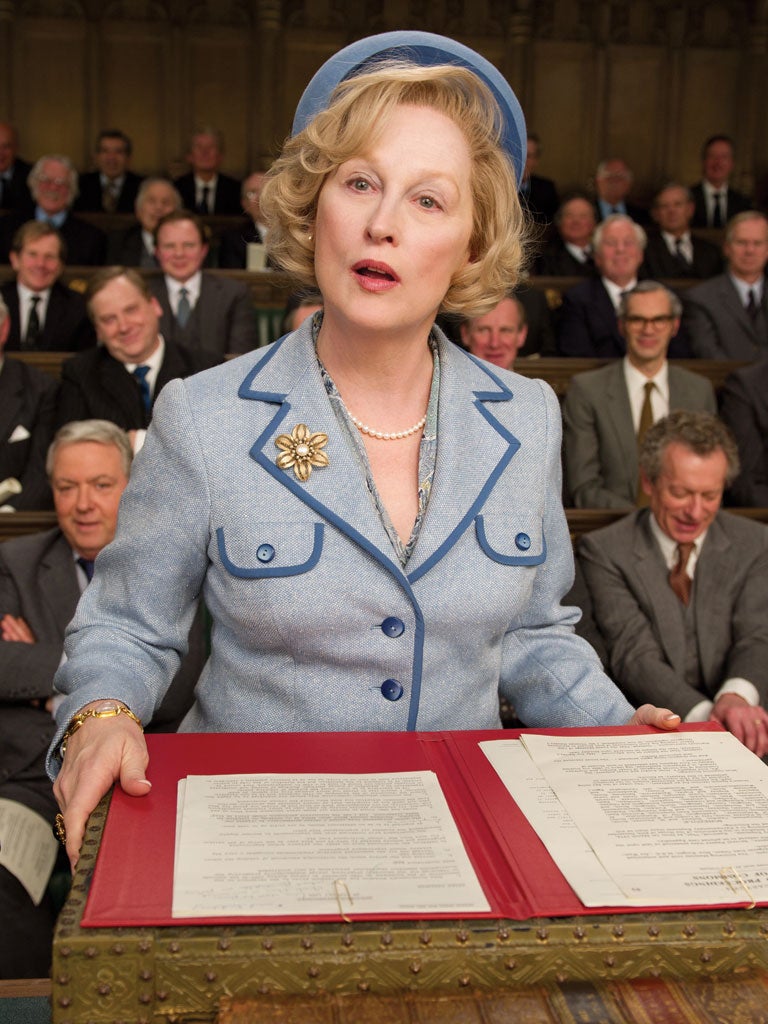Amol Rajan: 'Iron Lady' shows pain of memories
FreeView from the editors at i

Never before have I seen a film so at odds with the reviews of it I read in advance. Thousands of words have been written about The Iron Lady, but those that I have read have universally treated it as a rumination on Thatcherism. In fact, it is a portrayal of Margaret Thatcher (in old age). The two are very different, but few critics seem to have noticed.
As a result, this hugely disappointing film, which is saved only by an extraordinary performance by Meryl Streep, has been interpreted as a politically charged documentary, when it is actually a human drama about a widow's descent into dementia.
In his weekly column in The Daily Telegraph yesterday, the London mayor Boris Johnson, clearly salivating at this cinematic evocation of his heroine, produced this startlingly absurd sentence by way of an introduction: "The Iron Lady is the most important political film for years."
Boris at least has watched the film. I get the impression many of those who have written about it have merely watched the trailer. This is a sequence of snatched scenes dramatising the most tumultuous episodes in her reign. The actual film is full of cramped domesticity and the nostalgia of a once great mind.
Thatcherism itself was finally captured by two grand historical ironies. First, the society Thatcher wanted to re-create was 1950s England, which itself was an artefact of Labour collectivism. Secondly, the policies she championed, of globalisation and free markets, unleashed a cult of hyper-mobility in money and people that was antithetical to the settled ways of life she so cherished.
But The Iron Lady doesn't care for all that one jot. Its subject is not Thatcherism (a political phenomenon) but a frail, deteriorating old lady. Jim Broadbent reprises his role in Iris as the supportive, gregarious husband. Olivia Colman is predictably superb as the errant daughter, Carol. They are both central to the action precisely because, whether dead or alive, they are central figures in Thatcher's life today.
Our political and media class is dominated by people who came of age politically under her reign. Their Weltanschauung was formed when she was in power. That is why they have so uniformly used this film to remember a decade of political drama, oblivious to the fact that the whole point of Streep's character is that remembering is both hard and painful to do.
Follow @amolrajan

Join our commenting forum
Join thought-provoking conversations, follow other Independent readers and see their replies